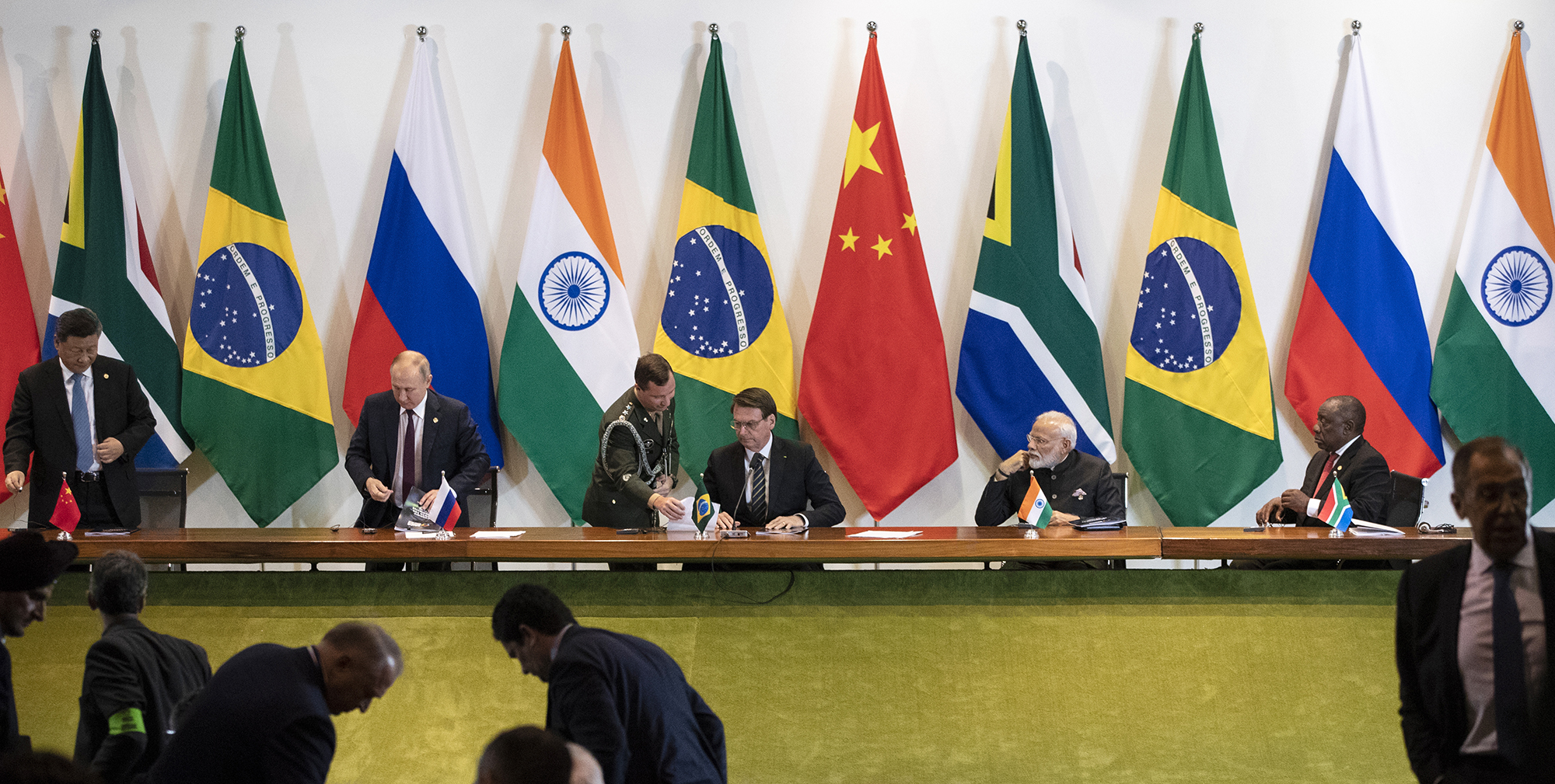Since 2013, there have been numerous calls for the expansion of the BRICS (Brazil, Russia, India, China and South Africa) alliance. Critics argue that the push for expansion is driven by China and its urge to gain a larger footprint in the global economy.
Furthermore, they believe Russia aims to disengage from the West and to prove that the West is no longer the dominant global hegemony it used to be. Beyond the criticism, the expansion of BRICS would offer emerging economies new economic opportunities. This is due to BRICS having 25% nominal GDP of the global market, at $16-trillion.
No matter what the reason is for the push to expand the BRICS partnership, it has the potential to solve many challenges facing developing countries, including food security and climate change.
Furthermore, an increase in cooperation in green energy could also have significant effects on the global fight against climate change. The percentage of electricity produced from renewable sources in BRICS countries rose from 19% in 2010 to 37% in 2020.
BRICS countries have always been outspoken about their role in helping developing economies to grow. There is a strong motivation to expand the partnership, especially with key strategic developing economies.
Iran and Argentina were the first countries to announce their formal applications to join the partnership, with the support of China, Russia and South Africa, while India and Brazil have shown little enthusiasm for the expansion. Egypt, Saudi Arabia and Turkey discussed potential membership at the BRICS 14th summit.
BRICS currency
The US dollar has been the global currency of trade and capital flow for decades. BRICS members have put forward a proposal for a new global reserve currency as an alternative to the US dollar.
With the expansion of BRICS by adding Iran and Argentina, the partnership could increase its stake in the global GDP to 33% of the world. This would be beneficial for developing countries as they would be able to use the partnership for economic growth and development.
Beyond joining BRICS for economic purposes, there are political benefits to joining the partnership, one of which is having a balance of power against the hegemony of the developed countries of the West. The introduction of a proposal to use a new global currency besides the US dollar is another political tool that highlights the power that BRICS holds in the global economic-political system.
African membership
Originally, BRICS was a four-country group with Brazil, Russia, India and China. The first expansion of BRICS added South Africa to the partnership in 2011. This represented the first time that an African country was able to join such a partnership under the guise of having equality of members regardless of the size of their economy and political power.
South Africa has always pushed for the inclusion of Africa in the BRICS discourse. This first happened at the eThekwini Summit, where South Africa raised the concept of the BRICS-plus initiative.
Since the 2013 eThekwini Summit, South Africa has ensured that Africa has a voice at the BRICS summits. This BRICS-plus initiative has been a precursor of the direction that the partnership would take in terms of expansion.
The news of BRICS’ expansion is enticing to many African countries, especially the push for fairer economic representation. Africa is rich in resources and exports a wide variety of goods, from the agricultural sector to the mining sector, and oil. These economic resources have the potential to assist African countries in growing their economies.
Visit Daily Maverick’s home page for more news, analysis and investigations
The challenge is that African countries find themselves in unfavourable trade agreements that take advantage of them. BRICS is a potential avenue that can help Africa trade its goods and services in a fair manner that boosts its economies.
Beyond the economic benefits that BRICS expansion would bring, there are political benefits that could benefit Africa in its quest for economic growth, development and political stability.
Besides suffering from economic underdevelopment and lack of growth, African states also suffer from political instability. These two factors are great contributors to the underdevelopment of Africa. BRICS expansion that would include African countries such as Egypt, Algeria and Nigeria can help the continent by pushing it to achieve political and economic stability as BRICS is a partnership that encourages developing countries to work together to solve their challenges.
However, there are practical limitations to many African countries joining BRICS, including political instability and conflict. BRICS members have political values, ideologies, goals and national interests that could be a hindrance to many African countries joining the partnership.
At the moment, the expansion of BRICS and what implications this has for Africa is a matter of wait-and-see. DM
Nqophisa Diko is a researcher at the Institute for Pan-African Thought and Conversation at the University of Johannesburg, and a PhD candidate in International Relations at the University of Pretoria.
Naledi Ramontja is a research assistant at the Institute for Pan-African Thought and Conversation at the University of Johannesburg.




